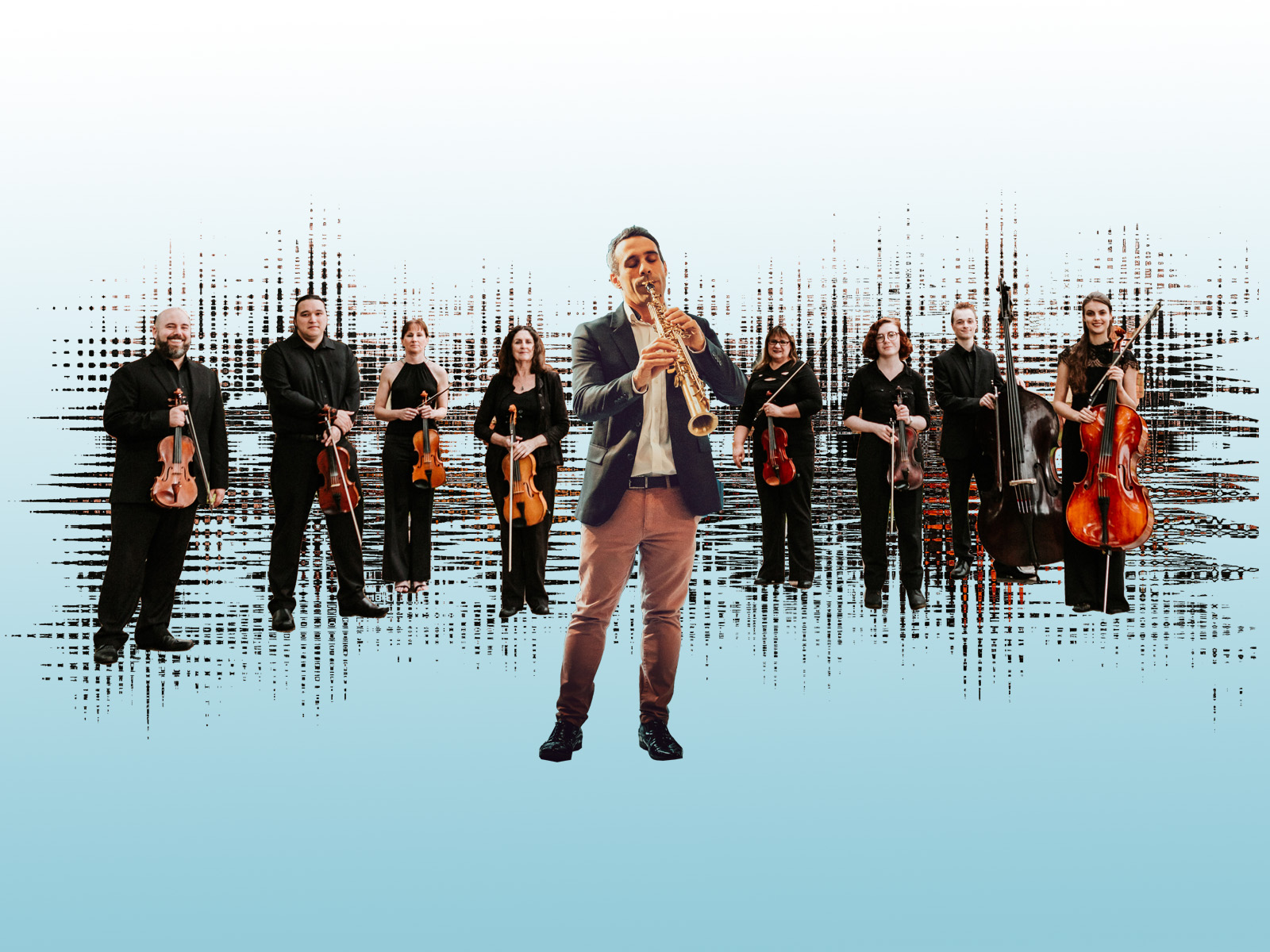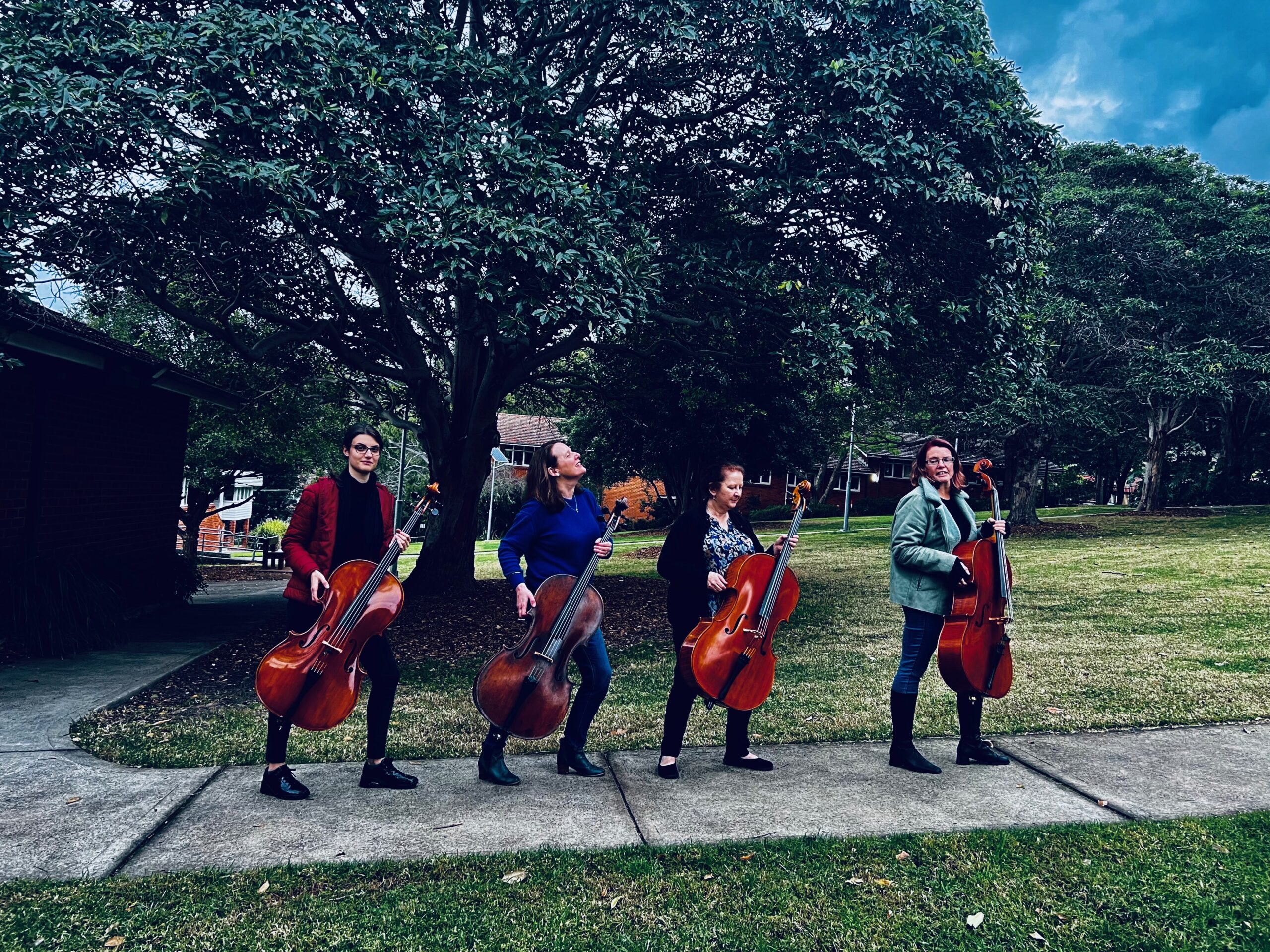Much has been written about how music affects brain development both in children and adults.
If you spend any time on Facebook you will almost certainly have seen posts about the benefits of music for the brain. From the positive impact music can have on memory and the improvements shown for those suffering from Alzheimer’s through to reducing stress by listening to music.
Simply doing an internet search for ‘How music affects brain development in children’ will deliver you 81,300,000 results on Google.
However, in this day of ‘everyone is a publisher’, we felt the need to review the evidence based research to get the real picture of how music affects brain development in children.
Evidence based research
Like many music teachers, the members of Steel City Strings passionately believe in the benefits of music for children’s development. It is the primary reason they created the Celebration of Youth concert series. But they also believe it is important to not take social media statements at face value. So, we were given the job of researching the evidence of how music affects brain development in children.
Our starting point for research was Google Scholar, which weeds out the self published blogs and delivers evidence based research. And we were encouraged to discover that there is an enormous body of research. While we’ve weeded out the 80 million! blogs on the subject, there are still 265,000 evidence based research papers and articles.
What the research says
A 2011 study published in the Music Perception: An Interdisciplinary Journal looked at whether there was a causal effect between music training and preliteracy skills. The study divided sixty children into two groups; music or visual arts. At the end of a 20 day training program the children in both groups had improved their phonological awareness. However, the children with music training had significantly improved their visual-auditory learning skills compared with the visual arts group.
Another longitudinal study published in Early Childhood Research Quarterly in 2015 found that the frequency of shared music activities in the home was positively associated with children’s vocabulary, numeracy, attention and emotional regulation, and prosocial skills.
But what about the brain structure?
A paper with the spoiler-alert title of Childhood Music Training Induces Change in Micro and Macroscopic Brain Structure: Results from a Longitudinal Study compared the effects of music on the development of children’s brain structure over a two year period, starting when they were six years old.
Using brain imaging the study started by establishing that there were no structural differences between the children in the after school music training group compared with the after school sports group or the group that did no after school training. The children in all three groups came from the same underprivileged socioeconomic background. After two years of training follow up brain imaging found that the music group children had a different rate of cortical thickness maturation compared to the other groups. They also had higher fractional anisotrophy (a useful measure of connectivity in the brain) in the corpus callosum, crossing pathways connecting superior frontal, sensory, and motor segments.
We’ve all heard about the importance of brain plasticity
The message from the cognitive neurosciences about brain plasticity has made the successful leap into the everyday vernacular. However music is now becoming an important area of study within this research area as scientists discover more evidence about the association between musical practice (rather than just listening) and functional and structural brain plasticity. This study argues that some of the sensorimotor and cognitive enhancements associated with music training indicate music making has the potential to be used as an interactive treatment, or even intervention, for neurological and developmental disorders as well as protecting our aging brains.
So what can you do?
Start playing music! Whatever your age. Not only is it fun, satisfying and a great social activity, it appears it will protect, and dare we say it, enhance your aging brain.
And if you have children in your life – inspire them to learn an instrument. Whether it is recorder and school or taking up the opportunity to learn the violin.
Steel City Strings has the perfect opportunity for you to inspire kids in your life with the March performances of Celebration of Youth. So, book now and build better brains!








